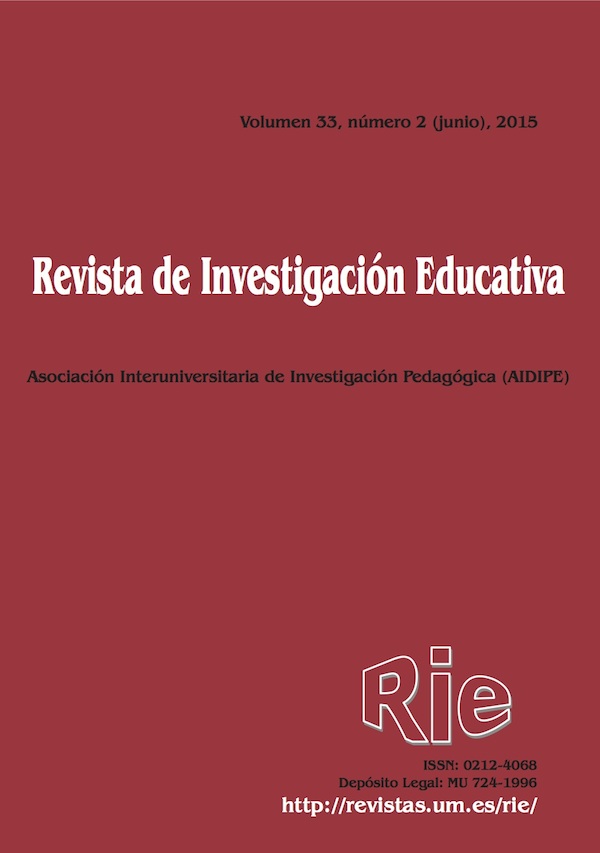Ideology and Empirical Pedagogy: Questions for debate
Abstract
As empirical researchers in education, we must also use pedagogy in order to explain what we do and how we do it, in a clear and understandable manner, and most importantly, why we do it. In recent years we verified the tendency to replace the logic of educational research - know / decide / improvement – with another one primarily oriented toward publishing papers in high impact journals. With this study we aim to make a reflection on some of the conceptual and methodological weaknesses many of the empirical studies in the field of education have, that can generate implausible results and biased interpretations. Ultimately, it is about making a wake-up call to researchers, so that their ideology and academic interest do not prevail over the epistemological, methodological and ethical principles that should govern all empirical work on pedagogy.
Downloads
-
Abstract2713
-
PDF (Español (España))855
The articles and scientific documents published in RIE abide the following conditions:
1. The Servicio de Publicaciones de la Universidad de Murcia (the publisher) has the property rights (copyright) of all the documents published and allows the reuse under the user’s license indicated in point 2.
2. All documents are published in the digital edition of RIE under a Creative Commons Reconocimiento-NoComercial-SinObraDerivada 4.0 Internacional. (legal document) license. These documents can be copied, used, distributed, communicated and explained publicly if: i) the author(s) and its original source of publishing (magazine, publisher and URL of the document) are cited; ii) it is not used for commercial purpose; iii) the existence and the specifications about this license are mentioned.
3. Auto-archive’s conditions. The authors are allowed and encouraged to digitally distribute the pre-print versions (a version before evaluation) and/or post-print (a version that it is already evaluated and accepted to its publication). This promotes circulation and distribution earlier and can increase the citations and significance within the academic community.










